Opinion: Is “No Travel” the new Responsible Travel?
It’s the statement no traveller wants to hear: “Please Don’t Come Here”. In light of the ongoing global pandemic (and everything else 2020 wants to throw at us), travel has become a hot topic. Flights are cancelled, borders are closing again, and holiday destinations are now asking would-be travellers to stay away. The message is now: “No Travel” is the new “Responsible Travel”.
For years, we have been supporting and advocating for Responsible Travel. It is important to understand the impact your travel has on local communities and to adjust your travel accordingly. It was not too long ago I wrote an article here about how to teach our kids about responsible travel. Even then, there were signs of change in how we exercise Responsible Travel in a post-covid world. The only thing not to change was the focal point: how will this impact the destination community?
Want to Travel v. When to Travel
When a global pandemic was declared in March 2020, nations everywhere closed their borders and took action against the spread of the virus. Australia was one of the first, much to the dismay of the tourism industry. Only a month earlier, Australia was declaring itself open for travellers after the devastating bushfires. The call went out to travellers far and wide, “We are open! Come visit!” Many communities devastated by bushfires were eager to welcome visitors, hoping to bring some cashflow and positive vibes to the locals. The first wave of COVID-19 cases in Australia was mostly associated with cruise passengers and subsequently seen as inconsequential in regional Australia. However, the second wave (with the dominant spike in Melbourne, Victoria) forced many towns to consider the balance between tourism dollar and hospital capacity.
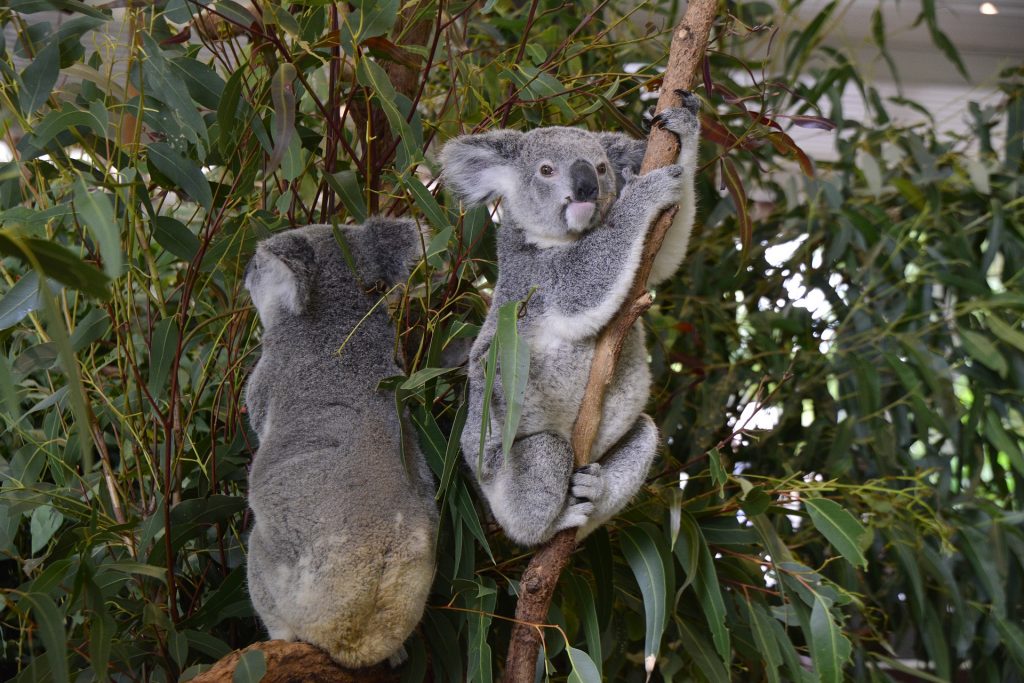
In typical Aussie style, a ‘colourful’ online campaign emerged to discourage any travel to regional communities. The creators, Jess Wheeler and Guillermo Carvajal of Melbourne, had intended it to be a bit ‘tongue-in-cheek’; to raise a few laughs and remind people that “No Travel” is Responsible Travel. The ‘anti-advertisements’ featured art-deco style to initially appear to promote regional towns before the kicker is seen in the fine print. Much to the creators’ surprise, they received requests from many regional areas to be considered for future projects. While not everyone appreciated the humour, most Melburnians understood the intent: We still want you to visit but only when it is safe to do so.
What started as a joke is, in fact, growing with consensus across the world. While the travel bug is still there nibbling at our toes, we need to consider our actions and subsequent consequences. Responsible Travel means asking the tough questions and putting the needs of the local community first. Questions like: Can we travel? Should we travel? Am I travelling because I’m bored or because I want to help? What is the risk to the local community? None of this is made any easier when local authorities are asking for tourists to visit while local residents are asking tourists to wait.
A Different Perspective on Border Lockdown
In Amsterdam, the lack of tourists has brought a different perspective. There is no denying the social and economic crisis which hit The Netherlands, however, many tourist hot-spots have also benefited from the absence of crowds. For residents in Amsterdam, there is a sense of ‘reclaiming their city’. Before the global pandemic, Amsterdam was a popular destination, with an identity targeted towards foreign tourists. With the current travel bans in play, the city is taking the opportunity to reset its tourism and create a more sustainable industry. “No Travel” is the beginning of Responsible Travel, with great plans to nurture future growth in the communities. While the weight of the crowds has been lifted, new infrastructure and community policies are being introduced. In the spirit of responsible travel, this is the opportune time to encourage locals to share their cultural identity without fear of losing it under the throes of tourism. The good news for travellers (and locals) is this can bring an even better travel experience to Amsterdam. Waiting now for better travel later is a win-win situation.
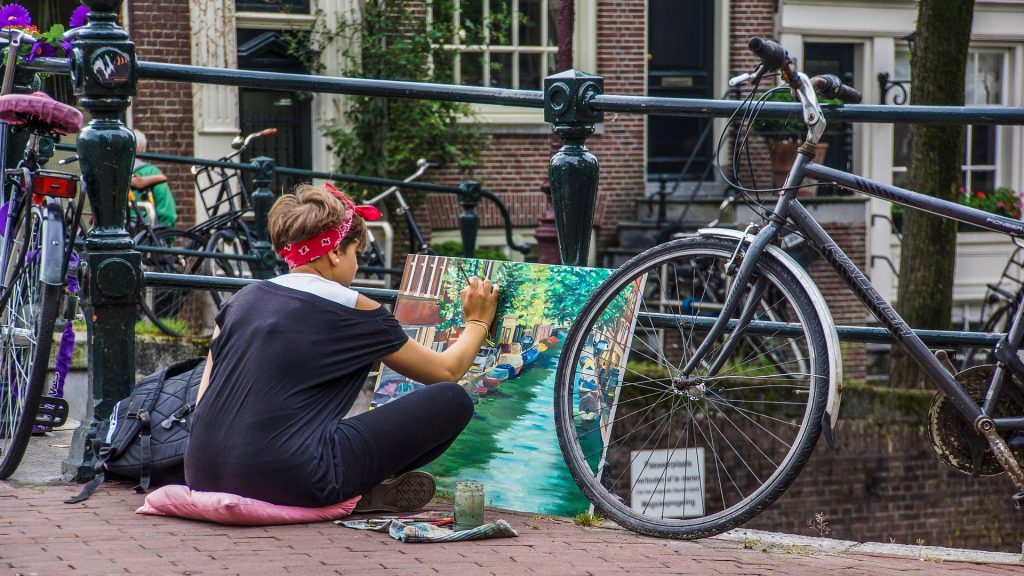
Stay or Go?
I would not wish 2020 and the global pandemic on anyone. It has not been a kind year and many people are still navigating their way out of the mess. However, it is all for naught if we do not try to find some opportunity for growth. Like Amsterdam has shown, there is a chance for our favourite travel destinations to pause, reflect, and rebuild. As responsible travellers, we should be looking for ways to support this evolution and be part of a better travel experience.
So, how can we help? For starters, really think about whether travelling is the best idea right now. Some countries have made that decision very easy: Australia is a ‘hard no’ to international travel. Norway will consider your travel but will enforce mandatory quarantine for 14-days. Japan has opened to business travellers from certain Asian nations but don’t expect any tourist venues to be open. In countries not under lockdown, domestic travel is encouraged as a way to financially support local communities. Be a tourist in your own backyard (so to speak).
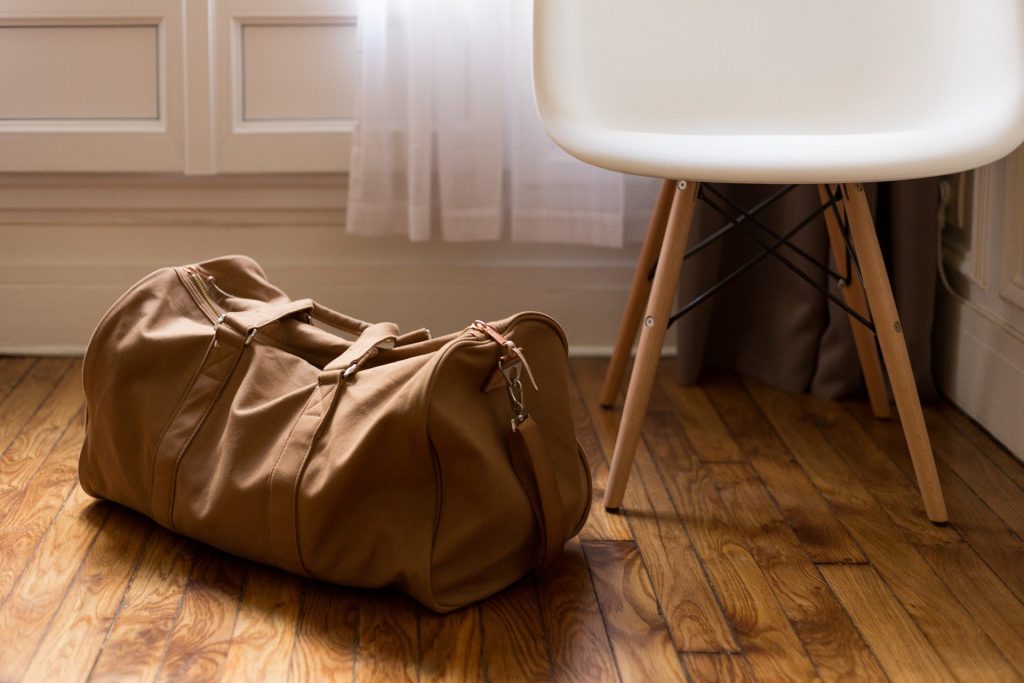
What about the countries under lockdown? Well, you have two options: send money now, or be patient and spend money later. It sounds a bit cold to reduce it down to money but it is the only way you can support small businesses in your favourite tourist destinations. There are many local businesses that have moved their products (and, in some cases, services) online. If you are really aching for some cheese or culinary classes, support small businesses in lockdown areas and order online. Some venues are offering gift cards to be redeemed after lockdown, providing at least some cash flow while they wait for their countries to open again.
As frustrating as it is to not travel, it is one of the few decisions we can genuinely make for ourselves. The responsibility lies within each us, on our own. By suppressing the spread of the virus, our hospitals and medical services are available to help those most in need. For small towns and regional communities, it could be the choice between a hospital bed for a local resident with a heart attack or a visiting tourist with COVID-19 who then spreads it further. Nobody wants to make that decision but if we can limit our travel now, it means we can travel better later.
“No Travel” IS the new Responsible Travel for now.
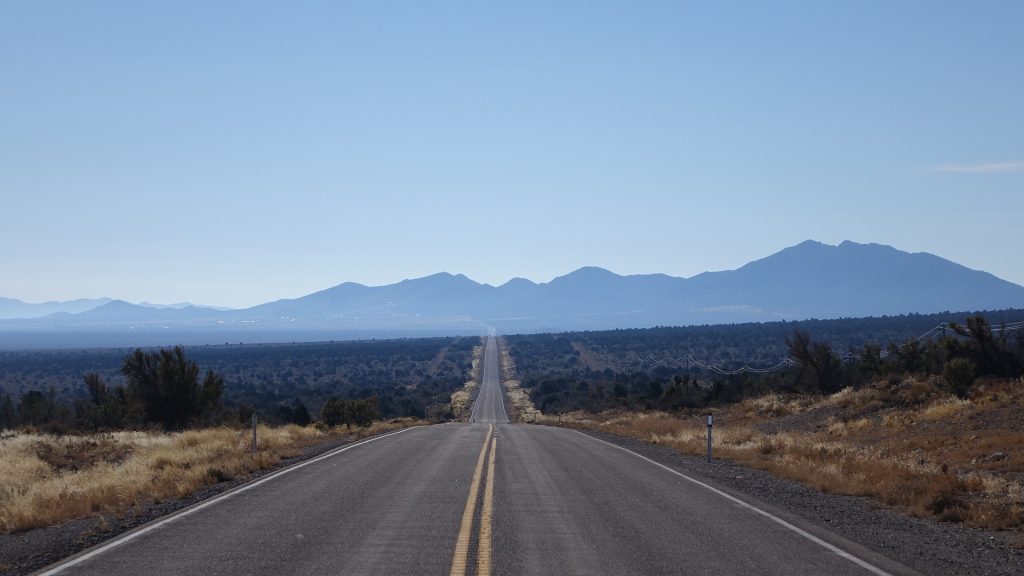
Editor’s Note: We respect that travel is a personal choice and that some depend on travel for their livelihood. Before embarking on travel it is imperative that you monitor your health and research local government restrictions, rules, and safety measures related to COVID-19.
Book Your Travel to ANY Destination
Use the interactive map below to search, compare and book hotels & rentals at the best prices that are sourced from a variety of platforms including Booking.com, Hotels.com, Expedia, Vrbo, and more. Search for ANY destination by clicking in the upper left corner of this map. You can also use the filter to fine-tune your search, and find restaurants, attractions, and more!

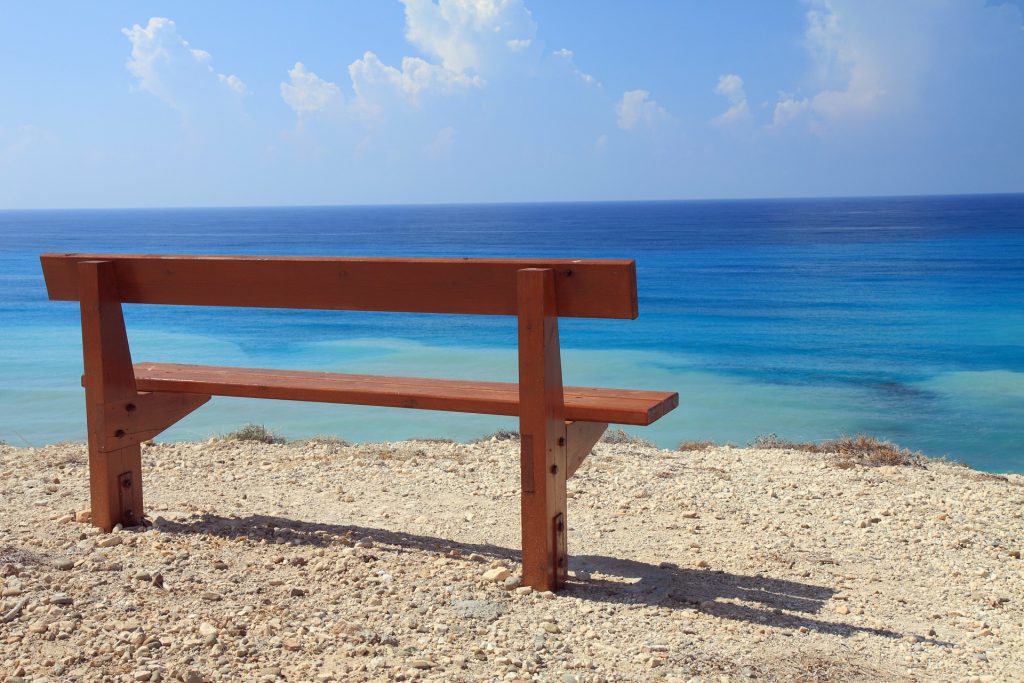
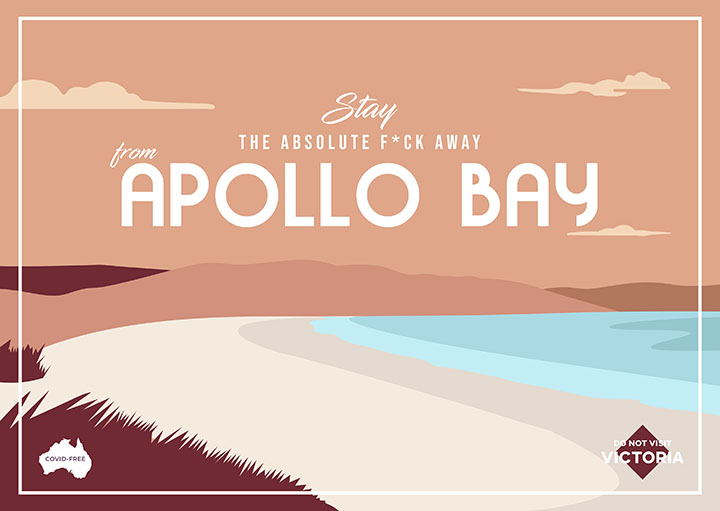
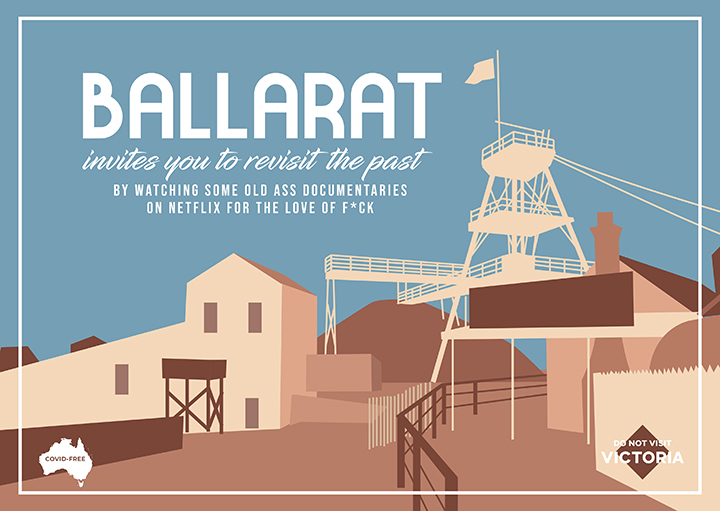
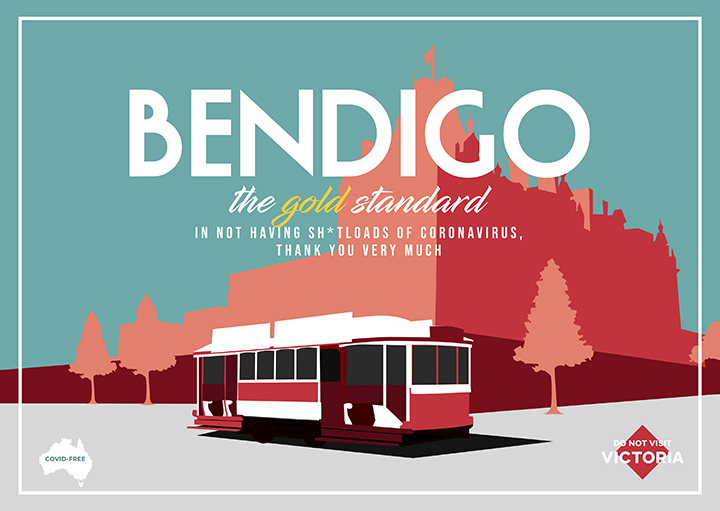
Great article! I look forward to sharing it on my social media sites. 🙂
Thank you dear friend. I hope you’re doing well.